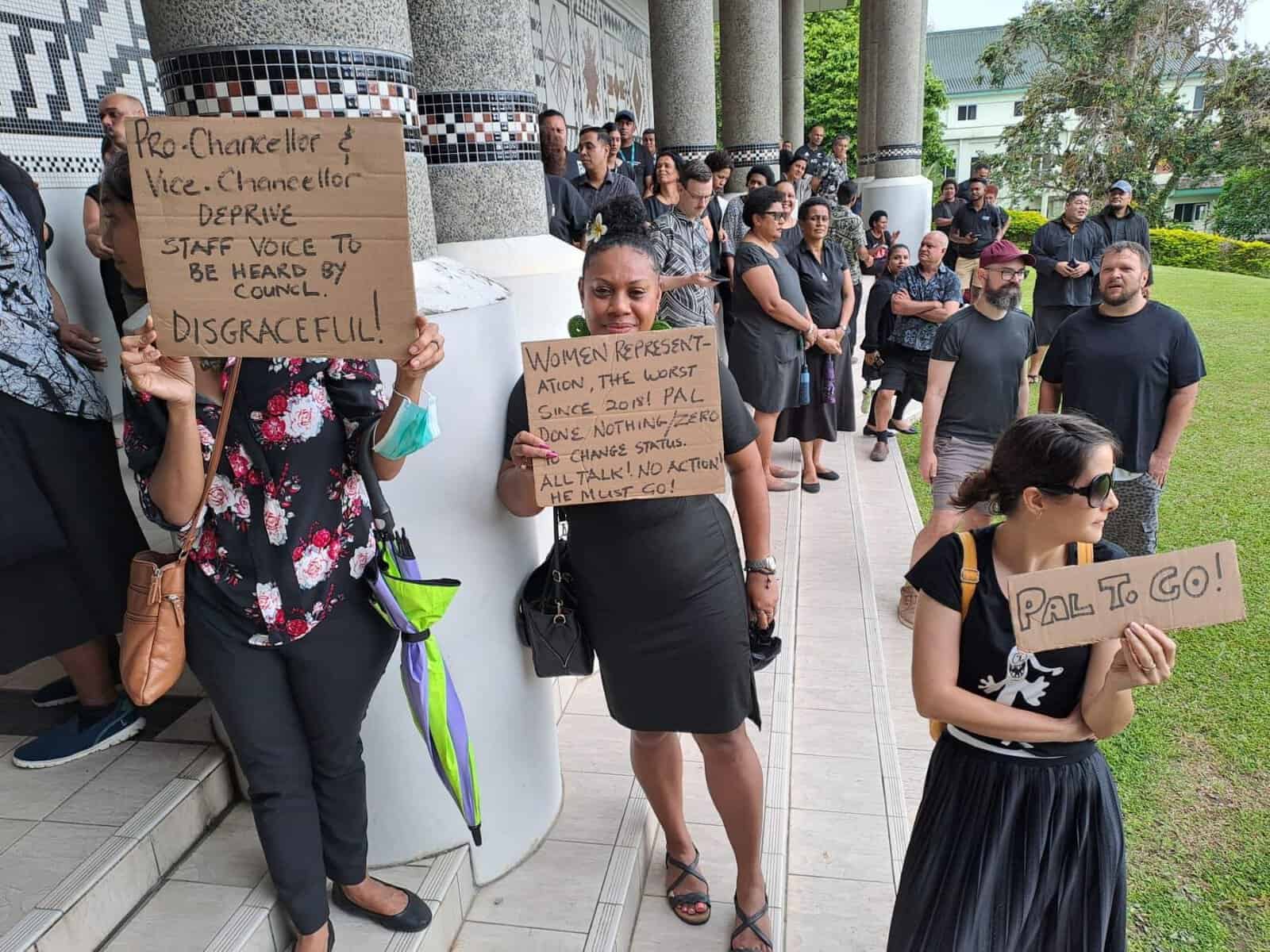In February 2021, the University of the South Pacific (USP) was plunged into crisis when Vice Chancellor, Professor Pal Ahluwalia was unceremoniously thrown out of Fiji following a middle-of-the-night raid on his campus residence, accused by the then Fijian government of Voreqe Bainimarama of breaching the country’s immigration laws.
Within months of taking up the job in 2019, a bombshell report by Ahluwalia had alleged widespread financial mismanagement within the university under former administrations. It triggered an independent investigation by New Zealand-based accounting firm, BDO and Ahluwalia’s eventual expulsion from Fiji . . .
Please Subscribe to view full content...
